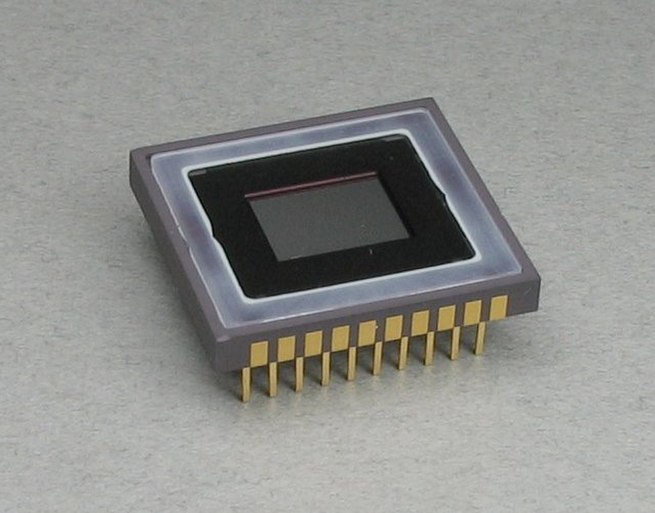
-
Sensor
In the broadest definition, a sensor is a device, module, or subsystem whose purpose is to detect events or changes in its environment and send the information to other electronics, frequently a computer processor. A sensor is always used with other electronics, whether as simple as a light or as complex as a computer.
Sensors are used in everyday objects such as touch-sensitive elevator buttons (tactile sensor) and lamps which dim or brighten by touching the base, besides innumerable applications of which most people are never aware. With advances in micromachinery and easy-to-use microcontroller platforms, the uses of sensors have expanded beyond the traditional fields of temperature, pressure or flow measurement, for example into MARG sensors. Moreover, analog sensors such as potentiometers and force-sensing resistors are still widely used. Applications include manufacturing and machinery, airplanes and aerospace, cars, medicine, robotics and many other aspects of our day-to-day life.
A sensor’s sensitivity indicates how much the sensor’s output changes when the input quantity being measured changes. For instance, if the mercury in a thermometer moves 1 cm when the temperature changes by 1 °C, the sensitivity is 1 cm/°C (it is basically the slope Dy/Dx assuming a linear characteristic). Some sensors can also affect what they measure; for instance, a room temperature thermometer inserted into a hot cup of liquid cools the liquid while the liquid heats the thermometer. Sensors are usually designed to have a small effect on what is measured; making the sensor smaller often improves this and may introduce other advantages. Technological progress allows more and more sensors to be manufactured on a microscopic scale as microsensors using MEMS technology. In most cases, a microsensor reaches a significantly higher speed and sensitivity compared with macroscopic approaches.
-
Sensor (noun)
A device or organ that detects certain external stimuli and responds in a distinctive manner.
-
Censor (noun)
A Roman magistrate, originally a census administrator, by Classical times a high judge of public behavior and morality.
“The Ancient censors were part of the cursus honorum, a series of public offices held during a political career, like consuls and praetors.”
-
Censor (noun)
An official responsible for the removal of objectionable or sensitive content.
“The headmaster was an even stricter censor of his boarding pupils’ correspondence than the enemy censors had been of his own when the country was occupied.”
-
Censor (noun)
One who censures or condemns.
-
Censor (noun)
A hypothetical subconscious agency which filters unacceptable thought before it reaches the conscious.
-
Censor (verb)
To review in order to remove objectionable content from correspondence or public media, either by legal criteria or with discretionary powers.
“The man responsible for censoring films has seen some things in his time.”
-
Censor (verb)
To remove objectionable content.
“”Occupying powers typically censor anything reeking of resistance”
